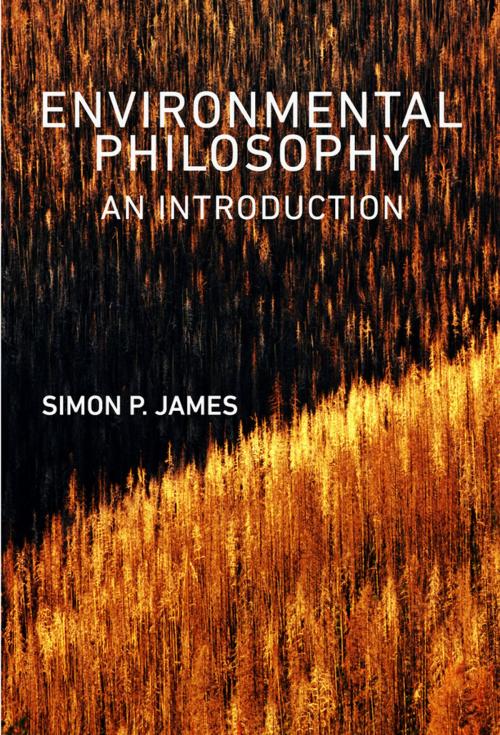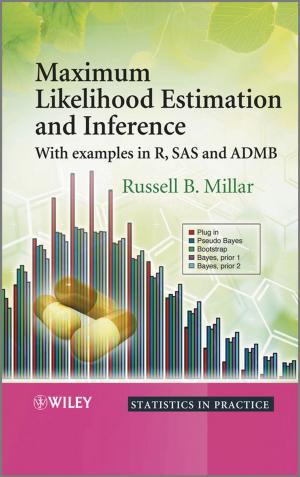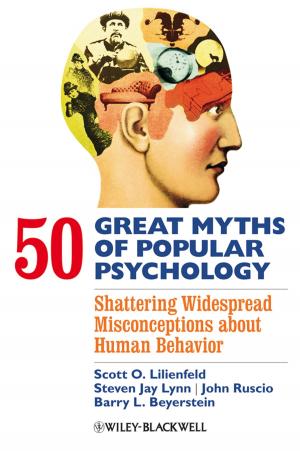Environmental Philosophy
An Introduction
Nonfiction, Religion & Spirituality, Philosophy, History, Criticism, & Surveys| Author: | Simon P. James | ISBN: | 9780745691398 |
| Publisher: | Wiley | Publication: | June 3, 2015 |
| Imprint: | Polity | Language: | English |
| Author: | Simon P. James |
| ISBN: | 9780745691398 |
| Publisher: | Wiley |
| Publication: | June 3, 2015 |
| Imprint: | Polity |
| Language: | English |
Climate change, habitat loss, rising extinction rates - such problems call for more than just new policies and practices. They raise fundamental questions about the world and our place in it. What, for instance, is the natural world? Do we humans belong to it? Which parts of it are we morally obliged to protect?
Drawing on an exceptionally wide range of sources, from virtue ethics to Buddhism, leading environmental philosopher Simon P. James sets out to answer these vitally important questions.
The book begins with a discussion of animal minds, before moving on to explore our moral relations with non-human organisms, ecosystems and the earth as a whole. James then considers environmental aesthetics, humanity's place in the natural world and the question of what it means to be wild. In the concluding chapter, he applies his findings to the topic of global climate change, building a strong moral case for urgent action.
This accessible, entertainingly written book will be essential reading for students of the environment across the humanities and social sciences. It will, moreover, be an ideal guide for anyone keen to deepen their understanding of environmental issues.
Climate change, habitat loss, rising extinction rates - such problems call for more than just new policies and practices. They raise fundamental questions about the world and our place in it. What, for instance, is the natural world? Do we humans belong to it? Which parts of it are we morally obliged to protect?
Drawing on an exceptionally wide range of sources, from virtue ethics to Buddhism, leading environmental philosopher Simon P. James sets out to answer these vitally important questions.
The book begins with a discussion of animal minds, before moving on to explore our moral relations with non-human organisms, ecosystems and the earth as a whole. James then considers environmental aesthetics, humanity's place in the natural world and the question of what it means to be wild. In the concluding chapter, he applies his findings to the topic of global climate change, building a strong moral case for urgent action.
This accessible, entertainingly written book will be essential reading for students of the environment across the humanities and social sciences. It will, moreover, be an ideal guide for anyone keen to deepen their understanding of environmental issues.















